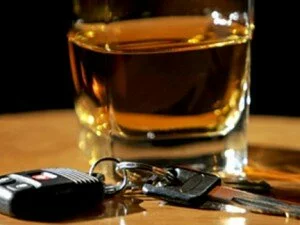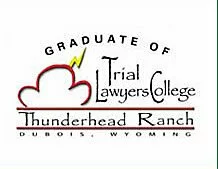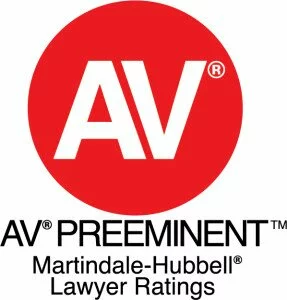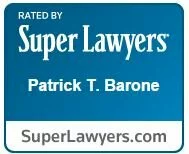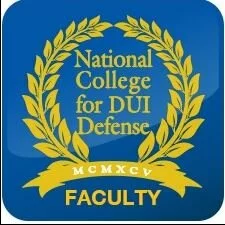If you are an out-of-state driver accused or convicted of a Michigan DUI, understanding what driver license sanctions might apply can be a tricky business. There is a second question you may have after a Michigan DUI conviction, which is “when will the driver license sanctions be applied?”
Because of our federalist system, Michigan can only impose a DUI driver license sanction against the offenders “fictional” Michigan driver license. However, nearly every state has some type of reciprocity with Michigan, and once the home state learns of the Michigan DUI conviction, they are bound to impose a driver license sanction of their own.
What makes this issue particularly tricky is that your home state sanction may be the same as that imposed in Michigan or it may be significantly greater. For example, first time offenders in both Illinois and Massachusetts will both receive a one year suspension in their respective home states. In both instances hardship licenses are available, but the administrative process to obtain the hardship license may take several months.
Success is also not guaranteed. Consequently, once your home state learns of the Michigan DUI conviction, and imposes their own sanction, you may be without driving privileges for several months.
When discussing this issue with your top DUI lawyer it is very helpful to understand how convictions might be reported by the various states. If you are licensed in Illinois and arrested for a Michigan DUI please see this article to learn about how a Michigan DUI will impact an Illinois driver license.
The Three Reporting Systems Used Nationally:
There are three systems for reporting suspensions. The National Driver Registry (NDR) is a passive database to which suspensions are reported but not necessarily sent to the home state. The Non-Resident Violator Compact (NRVC) and the Driver License Compact (DLC) are law for reporting suspensions directly from one state to another. It works this way.
If an adverse action such as a suspension or revocation due to a Michigan DUI occurs, including an administrative suspension, it is reported to the NDR by the state in which it occurs. If it is an action for which there is no direct state reporting law, (such as some administrative suspensions) that is the only place it is reported.
The home state, however, does not automatically check the registry. Usually it is only checked if some license action occurs in the home state such as renewal or a violation. If they find the Michigan DUI conviction at this time then they will usually suspend your license. But, a Michigan DUI conviction is not automatically found. Various government agencies also check the NDR in some instances (FAA, USCG, etc.).
Upon a Michigan DUI conviction resulting in a suspension, most states will report that suspension to both the home state pursuant to authorization under the DLC, and also to the NDR. You must be sure to clear the suspension in every state in which one exists before the home state will reinstate because they check the NDR when reinstatement is sought.
The NRVC is a uniform set of laws for handling tickets and failures to appear from state to state. When a person gets a ticket in another state and doesn’t appear, the suspension is reported to the home state under the NVRC, and to the NDR. The home state then suspends until the other suspension is clear.
The difference is that the suspensions are not automatically reported to the home state. Often you can let an administrative suspension run in your state and the home state license remains active. If you can then use a top DUI lawyer to beat the charge in your state you can clear the administrative issue and the home state is none the wiser. There are other permutations, but that is a common one.
Using this Information:
What is also clear from this is that three things must happen before the out-of-state conviction results in the in-state sanction.
- First, Michigan must in some way report the conviction;
- Second, the conviction must be observed and recognized as “substantially similar” by the home state; and
- Third, the home state must therefore impose a sanction.
Because of the complexity of the out-of-state licensing issues, you are well advised to retain a top DUI lawyer to help you understand the consequences of a conviction. Without such information, a plea of guilty can never be totally “knowing and understanding,” It is also true that without such information you can never properly access the risks associated with the decision to proceed to trial.
One final thought. If your Michigan license is “restricted” this is really a suspended license with restricted driver license privileges. Don’t think that because your “Michigan” license was “restricted” you can avoid sanctions in your home state.
Get a FREE confidential CASE EVALUATION on your Michigan OWI/OWVI/DUI by calling (248) 306-9159, or filling out this consultation request form. Call now, there’s no obligation!
Mr. Barone would like to the thank Wayne from Maine, one of Maine’s top DUI lawyers, for his assistance with this article.
